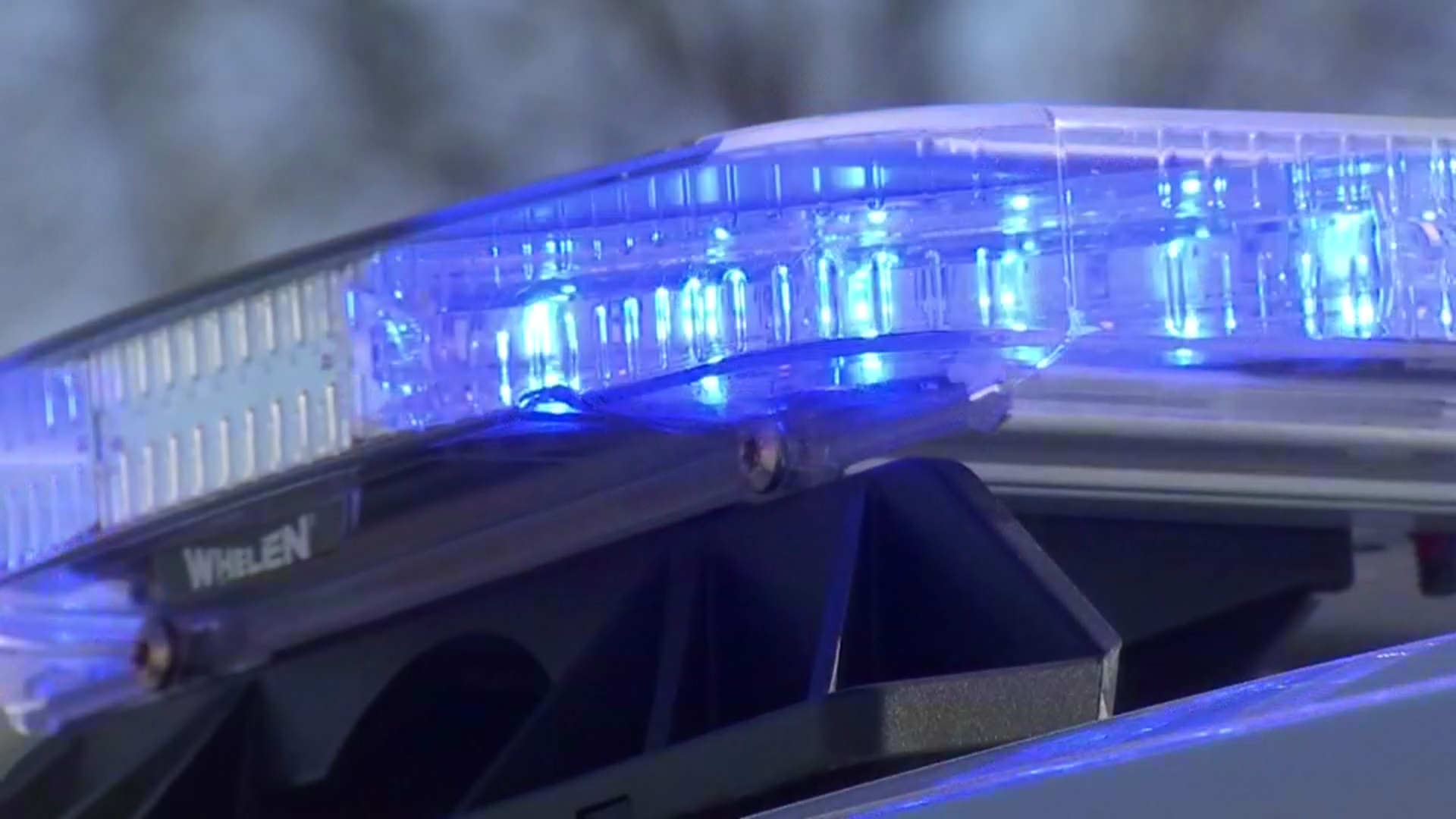Wednesday marks a year of turmoil, pain and questions still left unanswered following the mass shooting that left 19 children and two teachers dead in Uvalde, Texas.
A year later, parents continue to push for legislation and those affected are still in search of healing.
San Antonio-based artist Cruz Ortiz still remembers where he was the moment he heard the news.
"I was at the house. It was actually in the studio," Ortiz said. "One of the first images I saw was just, it was like a photograph of DPS, immigration. It looked like the whole army was there and just cars and vehicles in front of the school."
Get DFW local news, weather forecasts and entertainment stories to your inbox. Sign up for NBC DFW newsletters.
Ortiz felt called to make the trip to Uvalde.
"As soon as we found out about that, I immediately went into this like, 'I need to do something,'" Ortiz said. "Immediately I thought about doing, you know, like a mural or something, and I was like, no, this needs to be more immediate, needs to be something substantial."
Ortiz wanted to write and document what he witnessed.
Texas News
News from around the state of Texas.
"As soon as I we drove in, I just knew that journalism was going to hit a certain point as far as telling the story," Ortiz said. "As an artist, it was up to me to like, figure out what, you know, how do I document this?"
Surrounded by death, grief, and confusion as to what went wrong, Ortiz wrote a poem.
"I was just writing every single thing that I experienced there," Ortiz said.
He wrote a poem rooted in culture known as a corrido in Spanish. A corrido is a ballad that narrates a historical event, most commonly used in Mexican culture.
"I understood and knew that corridos have forever been a staple in how we process information, how we share that information, the distribution of that information," Ortiz said.
"El Corrido de los Angeles de Uvalde," which translates to The Angels of Uvalde, is of sorts a prayer of loss.
"We have to give them their life that that was taken away. We have to keep them present forever," Anthony Medrano said. Medrano is a member of Mariachi Campanas de America. Ortiz reached out to Medrano to be part of the project to compose music for the ballad.
Medrano, Ortiz, along with numerous creatives including Grammy award-winning sound engineer Gilbert Velásquez, grieved together through music.
"When stuff like that happens, you know, you're kind of numb to it because you're kind of in shock. And we put this together, and then I guess it's sort of a healing kind of thing, right," Velásquez said.
A healing made possible through culture.
In the Mexican culture, mariachis are hired to be part of many celebrations including during the most difficult times.
"We play a bigger role," Medrano said. "Culturally, we are we are the ones who are called for every celebration, you know, from birth, you know, to death."
For these artists, it's about helping preserve the names, history and truth of the victims of the Robb Elementary shooting.
"These families have seen nothing but roadblocks the whole time trying to get something done," Ortiz said.
"A year now, a year later, it's still raw," Medrano said. "As long as this corrido can stay alive and these truths can be told, hearing these songs will again open up the emotion of this tragedy."
In a continued effort to create community through his Mexican and Tejano culture, Ortiz has invited mariachis across Texas to meet at Uvalde's town square on Wednesday at 12 p.m.
"We need to show those families that we're there for them, that this is who we are," Ortiz said. "It's a cultural, magnet, not a magnet. It's definitely a cultural vortex that needs to happen to where we all go there and support them. And I think that's really important."



